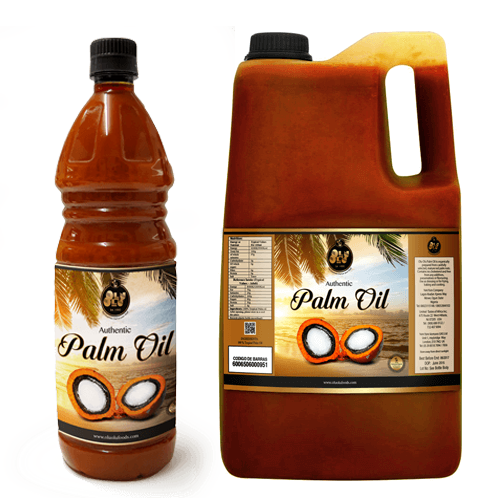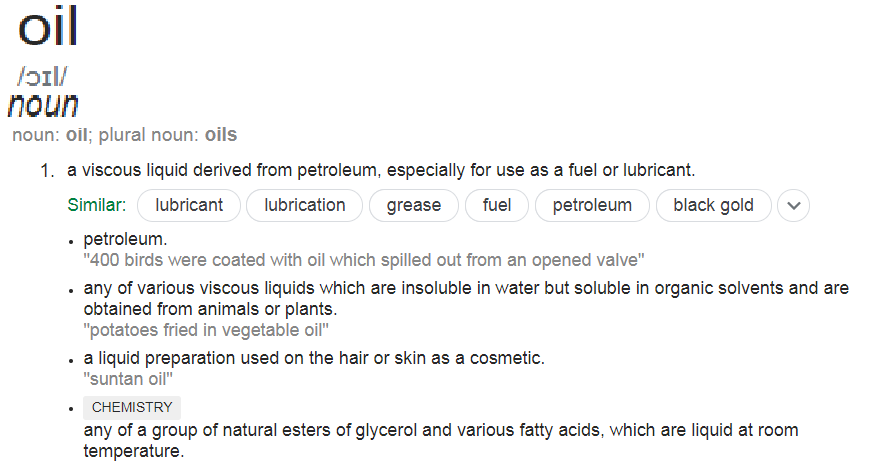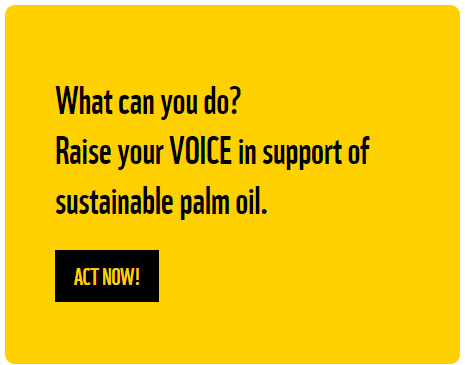HOTGLUE page by Domenica Muilwijk


PALM OIL
1. WHAT IS PALM OIL?
It’s an edible vegetable oil that comes from the fruit of oil palm trees, the scientific name is Elaeis guineensis. Two types of oil can be produced; crude palm oil comes from squeezing the fleshy fruit, and palm kernel oil which comes from crushing the kernel, or the stone in the middle of the fruit. Oil palm trees are native to Africa but were brought to South-East Asia just over 100 years ago as an ornamental tree crop. Now, Indonesia and Malaysia make up over 85% of global supply but there are 42 other countries that also produce palm oil.
2. WHAT PRODUCTS IS IT IN?
Palm oil is in nearly everything – it’s in close to 50% of the packaged products we find in supermarkets, everything from pizza, doughnuts and chocolate, to deodorant, shampoo, toothpaste and lipstick. It’s also used in animal feed and as a biofuel in many parts of the world.
3. WHY IS PALM OIL EVERYWHERE?
Palm oil is an extremely versatile oil that has many different properties and functions which makes it so useful and so widely used. It is semi-solid at room temperature so can keep spreads spreadable; it is resistant to oxidation and so can give products a longer shelf-life; it’s stable at high temperatures and so helps to give fried products a crispy and crunchy texture; it’s also odourless and colourless so doesn’t alter the look or smell of food products. In Asian and African countries, palm oil is used widely as a cooking oil, just like we might use sunflower or olive oil here.
4. WHAT IS THE PROBLEM WITH PALM OIL?
Palm oil has been and continues to be a major driver of deforestation of some of the world’s most biodiverse forests, destroying the habitat of already endangered species like the Orangutan, pygmy elephant and Sumatran rhino. This forest loss coupled with conversion of carbon rich peat soils are throwing out millions of tonnes of greenhouse gases into the atmosphere and contributing to climate change. There also remains some exploitation of workers and child labour. These are serious issues that the whole palm oil sector needs to step up to address because it doesn’t have to be this way.
5. WHAT SOLUTIONS ARE THERE?
Palm oil can be produced more sustainably and things can change. The Roundtable of Sustainable Palm Oil or RSPO was formed in 2004 in response to increasing concerns about the impacts palm oil was having on the environment and on society. The RSPO has a production standard that sets best practices producing and sourcing palm oil, and it has the buy-in of most of the global industry. As well as committing to buy and use RSPO certified palm oil across their operations globally, we encourage companies to be transparent in their use and sourcing of palm oil ensuring they know who they are buying from and where it’s been produced, and to invest in and support smallholder programmes and sustainable landscape initiatives. Only with all of these ingredients can we start to accelerate the shift to a mainstream sustainable palm oil industry.

